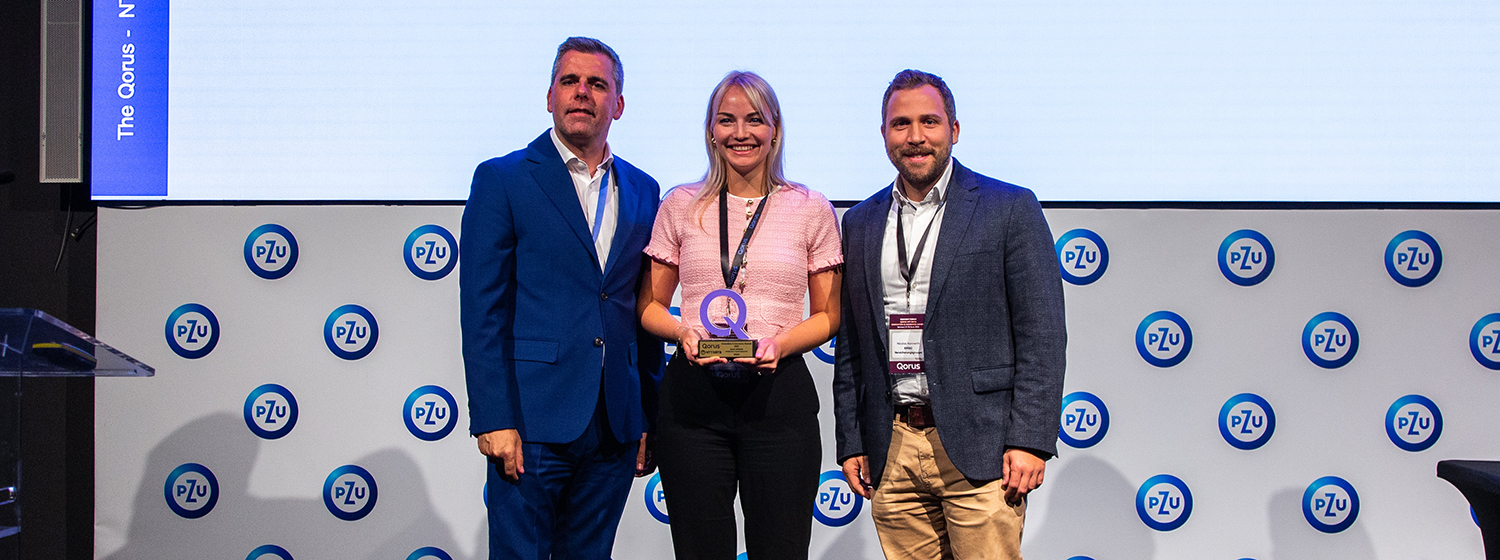In the swiftly evolving domain of healthcare, advancements in technology and innovation are fundamentally altering the landscape of wellness. From hospital wards to the sanctity of our residences, the trajectory of healthcare heralds a progression towards proactive, tailored and patient-focused care. Insurance companies have a pivotal role to play in this transformation, through pioneering solutions that support and empower their clients in their wellness journey.
Picture this: a healthcare system that goes beyond treating illnesses to preventing them altogether. This is the essence of the future healthcare pathway, where the focus shifts from reactive treatments to proactive measures aimed at preserving health and vitality. With an emphasis on early detection, intervention and lifestyle modifications, preventive healthcare is the cornerstone of this new paradigm.
At the heart of this transformation lies the relentless march of innovation and technology. From AI-powered skin cancer screening apps to remote patient monitoring devices, digital solutions are revolutionizing the way healthcare is delivered. By harnessing the power of real-time data, predictive analytics and personalized interventions, technology empowers both patients and providers to make informed decisions and take proactive steps towards better health.
But the future of healthcare isn't just about fancy gadgets and cutting-edge algorithms; it's about putting the power back into the hands of the individual. Patient empowerment takes center stage, as digital tools like patient portals and wearables enable individuals to actively engage in their health journey. This shift towards a more collaborative approach not only improves clinical outcomes but also fosters a sense of ownership and accountability among patients.
As we stand on the cusp of this healthcare revolution, one thing is certain: the future is bright, but it requires a collective effort from all stakeholders involved. From policymakers and healthcare providers to insurers, technologists and patients, we must come together to embrace innovation, personalize interventions, and champion a culture of prevention and empowerment. By doing so, we can shape a healthcare future that is not only accessible and efficient but also truly patient-centric in every sense of the word.
Want to keep reading?
You are trying to access premium content, currently reserved for Qorus members only. See all the benefits of joining the world’s leading peer-to-peer intelligence organization in financial services.








